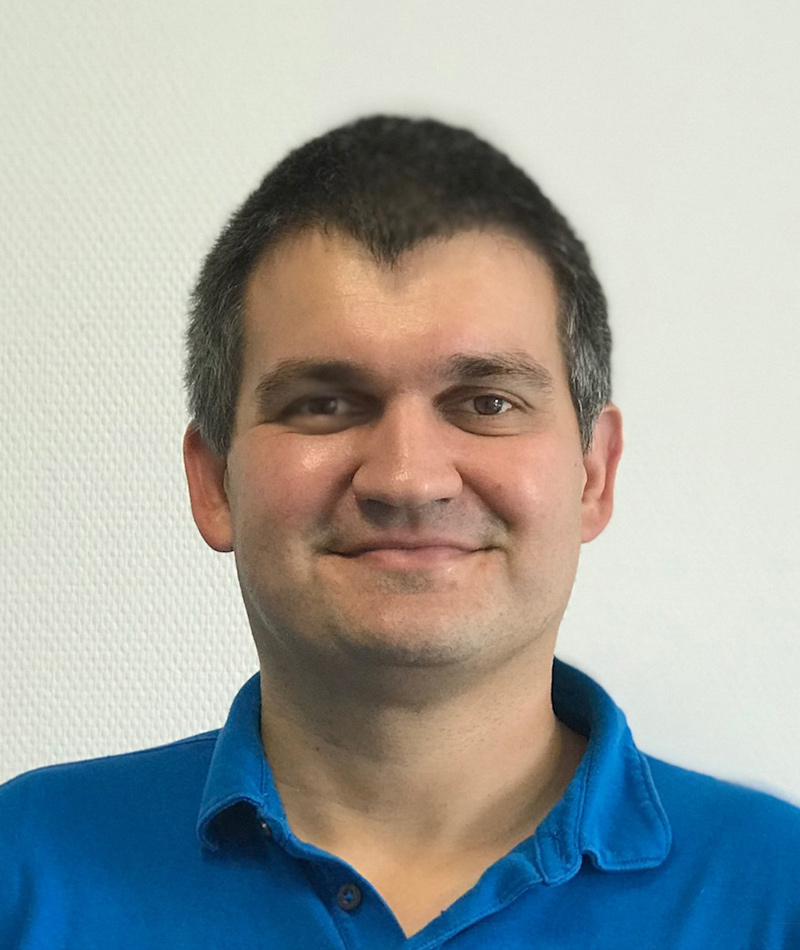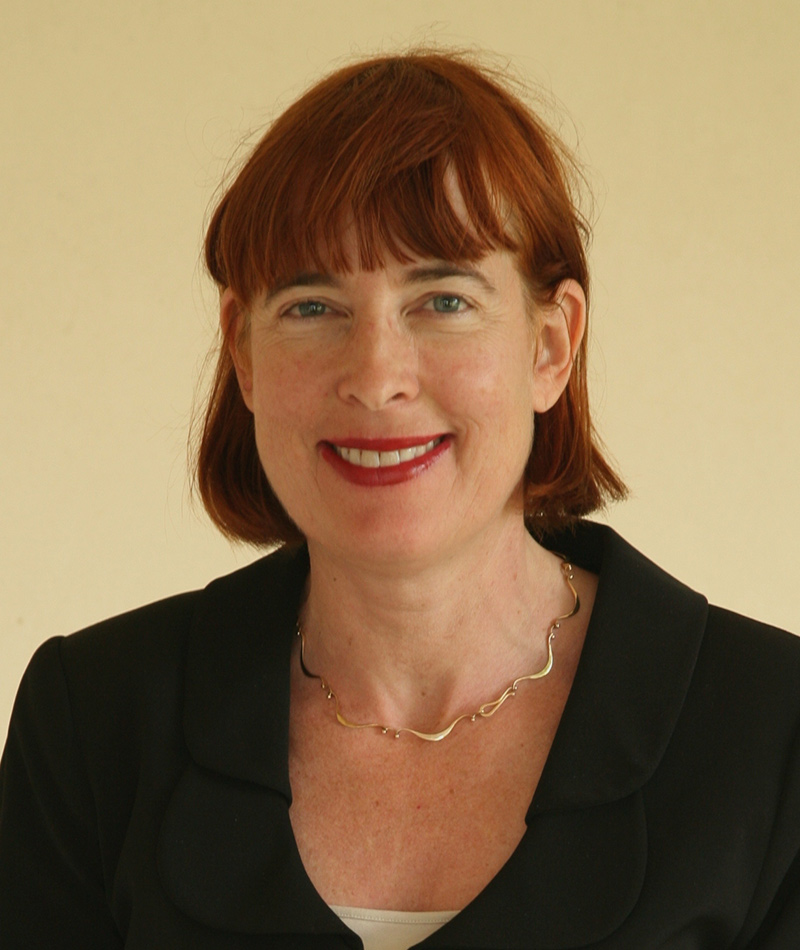Community Spotlight
DIA Medical Writing Community
Sharing Best Regulatory Submission Practices and Facilitating Progress in Standards
Frank Hubbard
President
Global Regulatory Writing Solutions, Inc.
ounded in 2001, the DIA Medical Writing (MW) Community includes professionals who span the medical, scientific, and regulatory writing spheres, as well as biomedical publications.
Our MW Community has been a significant resource for sharing best regulatory submission practices throughout the world and assessing, even facilitating, the changing of standards, such as the CTD. Having members who are heads of submission groups in big pharma, who are key officials at FDA, and who are focused on every area of drug development, provides a unique combined level of knowledge and experience. This collective expertise benefits all members, with flow-on effects for our companies, thereby moving the industry forward. We worked with ICH to address unclear aspects of clinical study reports (CSRs) to produce the E3 Q&A that was published in 2012. Members of our Community continue to lead efforts to identify best CSR and protocol writing practices. Our Community has also contributed to the TransCelerate CSR, Statistical Analysis Plan, and Common Protocol Templates, which may have broad impact across the entire industry. Our Community also contributes to standards development in information exchange via the cross-industry Clinical Data Interchange Standards Consortium (CDISC).
The MW Community has several regional communities outside of the US and EU, including China, India, and Australia. Of note, the India MW Community hosted a conference August 31 – September 1, 2018. The overarching theme was “Leveraging technology and real world evidence in the increasingly complex world of medical writing.” The expert MW audience included several leading pharma and life-sciences companies. Highlights of the meeting included a risk management workshop focusing on risk identification and characterization, while also addressing the new EU risk management plan template. Another workshop, featuring an excellent panel of big pharmaceutical companies and external service providers, discussed the outsourcing of MW. Other notable offerings included a discussion of submissions ranging from small molecules to medical devices. A student panel drew significant interest and received encouragement and applause. Judging by the level of audience engagement, the EU Global Data Protection Regulation (GDPR) was another hot topic of keen interest.
Mentorship opportunities are another important benefit of the MW Community. We developed a MW Competency Model to foster continued professional education and development across the Community. This model is an invaluable tool for new and seasoned medical writers and the model is now the basis for the hiring and ongoing development of these professionals in many companies. As we continue to address novel issues facing medical writers and welcome new members, we have also become good friends. One fun Community tradition: Whoever lives in the region of a MW meeting organizes a networking dinner for all who want to attend.
Looking ahead to 2019, we will continue to engage our MW Community. This goal will be achieved by organizing monthly interactive shared learning sessions so that the Community can learn from each other’s diverse knowledge base and make continuous learning an enjoyable experience. We will also initiate discussions on some of the common issues that medical writers face, to better understand how they are handling these issues in different companies, with the potential for developing best practices. Finally, we will liaise with other DIA Communities to help our MW Community members learn more about the nuances of other related areas, such as statistics and pharmacokinetics.
Testimonials

“Being part of the DIA MASC planning committee has been an eye-opening experience to the breadth of knowledge in our community. The open acceptance of ideas and strategies posed by the diversity in the community to help others grow and learn in their craft has been refreshing.”
David Meats, Associate Director Midwest Operations
Medical Writing Manager, Trilogy Writing & Consulting.

“I’ve been involved with the MW Community since 2010. What immediately impressed me was that the Community members were working on such exciting projects—and I had the opportunity to get involved! Being from Australia, it’s easy to feel disconnected from the regulatory and medical writing developments in the USA and Europe. However, when I finally met the Community members at my first DIA Global Annual Meeting in 2011, they made me feel so very welcome; their warmth and enthusiasm were tremendous. The MW Community has given me a lot more confidence and knowledge, and I am certain it has helped my medical writing career go from strength to strength. I continue to learn from the Community and am delighted to have the opportunity to be involved with such a motivated and friendly group of talented people.”
Julie A. Ely
Julie A. Ely Medical Writing Services

